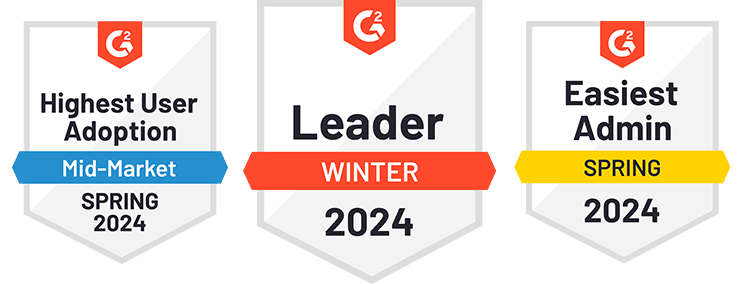Eighty percent of employees say they’d choose additional benefits over a pay raise – and employers have taken note.
In the past few years, 98% of leaders added or expanded at least one employee benefit to equip people with the support and flexibility they need. As a result, organizations saw increased productivity and retention, and they created a culture that attracted top talent.
However, compliance with state and federal regulations regarding these benefits proved daunting for many business owners. One such federal regulation is the Employee Retirement Income Security Act of 1974 (ERISA), which sets standards and regulations for private sector employee benefit plans, including retirement plans, such as 401(k)s and health insurance plans.


